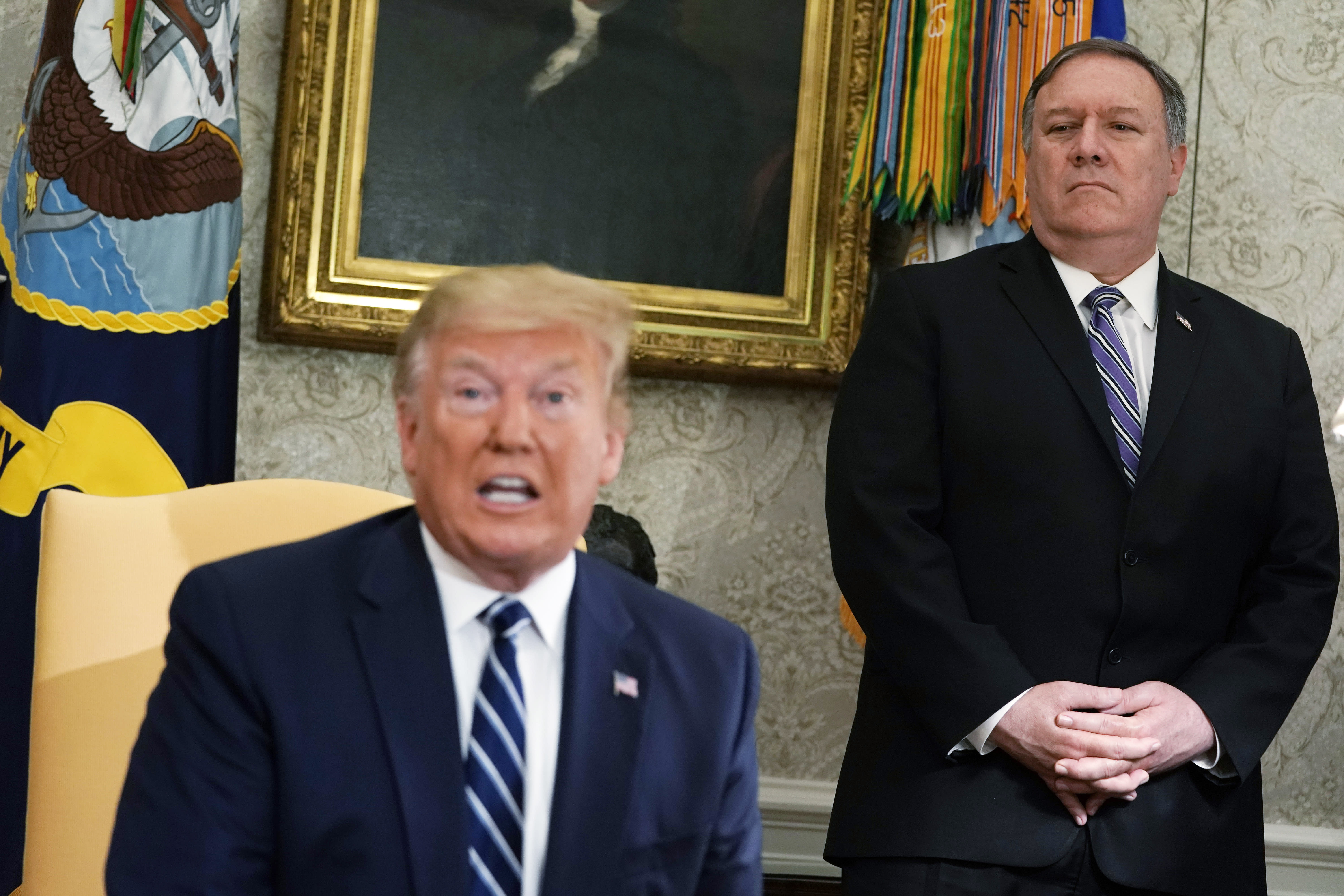
U.S. Secretary of State Mike Pompeo said this week the U.S. has been very clear about its stance toward Chinese telecommunications giant Huawei.
“No mixed messages, not at all,” Pompeo told CNBC earlier this week. “President Trump has been unambiguous. I don’t think there’s a mixed message at all.”
“The threat of having Chinese telecom systems inside of American networks or inside of networks around the world presents an enormous risk — a national security risk. Our mission set is to find a way to reduce that risk, to take that risk down as much as we possibly can,” he said.
The U.S. has said Huawei is a risk because its equipment could be used as a backdoor by the Chinese government to carry out espionage — allegations the network equipment maker has consistently denied.
Huawei has been put on a U.S. blacklist called the Entity List which restricts American firms selling the company products. The Chinese tech giant has been granted another 90-day reprieve to allow U.S. firms to sell it specific and limited items.
But Trump’s words toward Huawei — and ultimately how he sees its relation to the U.S.-China trade war — have appeared to be mixed, contradicting Pompeo’s assertion that there is a unified message.
“It’s possible that Huawei would be included in a trade deal,” Trump said in May. “If we made a deal, I can imagine Huawei being included in some form or some part of a trade deal.”
Then earlier this month, the president said: “I don’t want to do business at all because it is a national security threat.”
Yet at the same time, his administration has offered Huawei a 90-day reprieve on some of the restrictions related to the Entity List.
Huawei CFO’s case
Meng Wanzhou, Huawei’s chief financial officer, was arrested in December in Canada at the request of the U.S. government. The U.S. are seeking her extradition.
Both Huawei and Meng were charged with bank and wire fraud, and conspiracy to commit bank and wire fraud, in relation to skirting American sanctions on Iran. Huawei and Meng deny the allegations.
Following her arrest, Trump said he could intervene in the case of Meng if it helped secure a trade deal with China.
“If I think it’s good for the country, if I think it’s good for what will be certainly the largest trade deal ever made — which is a very important thing — what’s good for national security — I would certainly intervene if I thought it was necessary,” Trump told Reuters in an interview in December.
Meng’s lawyers are trying to get the extradition case thrown out. Among their arguments is that the case is politically motivated. Her defense pointed to the comments made by Trump to argue that Meng’s arrest was “one guided by political considerations and tactics, not by the rule of law.”
In an interview with CNBC in April, Meng’s father Ren Zhengfei, who is also founder of Huawei, was asked whether he thought his daughter was a hostage in the U.S.-China trade war. His response: “Maybe.”
Pompeo was asked during a news conference in Ottawa, Canada whether Meng was a bargaining chip in the trade war. His response, again in apparent contradiction of Trump’s previous comments was: “No.”
<![CDATA[
img { max-width: 490px; } .bodycontent { margin-bottom: 20px; } .form-field {margin-bottom: 10px;} @media only screen and (max-width: 780px) { .widget-header > img { width: 100%; max-width: 100% !important; } } ]]]]>
]]>

